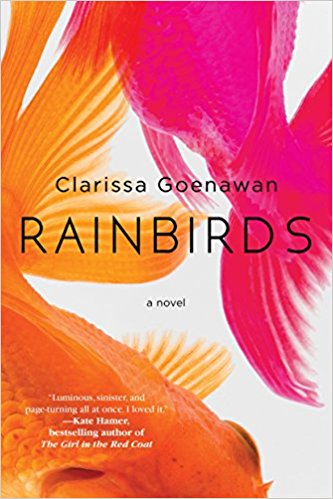 Rainbirds by Clarissa Goenawan
Rainbirds by Clarissa Goenawan Formats available: hardcover, ebook, audiobook
Pages: 336
Published by Soho Press on March 6th 2018
Purchasing Info: Author's Website, Publisher's Website, Amazon, Barnes & Noble, Kobo, Bookshop.org
Goodreads
Clarissa Goenawan’s dark, spellbinding literary debut opens with a murder and shines a spotlight onto life in fictional small-town Japan.
Ren Ishida is nearly finished with graduate school when he receives news of his sister Keiko's sudden death. She was viciously stabbed one rainy night on her way home, and there are no leads. Ren heads to Akakawa to conclude his sister's affairs, still failing to understand why she chose to abandon the family and Tokyo for this desolate town years ago.
But Ren soon finds himself picking up where Keiko left off, accepting both her teaching position at a local cram school and the bizarre arrangement of free lodging at a wealthy politician’s mansion in exchange for reading to the man’s catatonic wife.
As he comes to know the figures in Akakawa, from the enigmatic politician to his fellow teachers and a rebellious, alluring student named Rio, Ren delves into his shared childhood with Keiko and what followed, trying to piece together what happened the night of her death. Haunted in his dreams by a young girl who is desperately trying to tell him something, Ren struggles to find solace in the void his sister has left behind.
My Review:
The story in Rainbirds is one where literary fiction meets mystery, set in a small, fictional town not far from Tokyo.
Considered as a mystery, Rainbirds seems to transcend its genre. On the other hand, as literary fiction, there is a bit more plot and action than that particular genre is usually noted for, making it very readable for someone who doesn’t usually read lit fic but wants to dip their reading toes into it.
The story is both simple and complex. Ren Ishida comes to the tiny town of Akakawa to scatter his sister’s ashes in the place where she lived and worked. But there is a mystery about Keiko Ishida’s unsolved homicide. As the story unfolds, Ren discovers that there are multiple mysteries about her death, not limited to who done it.
Ren also realizes that he didn’t know nearly as much about his sister as he thought he did. But he can’t find closure over her loss until he investigates why she died. He begins that investigation by following in her tracks. He takes over her old job, he inserts himself into the circle of her friends and colleagues, and he even rents her old room.
In a between place in his own life, Ren is more than willing to put himself into Keiko’s in order to find out what happened to her.
But a series of dreams leads him to the deaths of two other lost girls as well as the life of a third, and it’s not until Ren follows all the clues that he is able to bring resolution to their deaths, their lives, and his own.
Escape Rating A-: For literary fiction, Rainbirds is surprisingly absorbing. For a mystery, it is surprisingly dreamlike and poetic. I certainly got caught up in the story, even though it is far from being a typical mystery. Not that in the end Ren does not find the answers that he seeks – or at least most of them.
This story is told forwards, backwards and just a bit sideways. Forwards, in the present tense, Ren goes to tiny Akakawa to pick up his sister’s few possessions and scatter her ashes. But he is drifting at the moment, having presented his thesis for his graduate degree but not yet having heard the results. He studied English and American literature because he drifted into that too. He wasn’t sure what he wanted to do so he followed in his sister Keiko’s footsteps – as he so often did.
Following in Keiko’s wake seems to be the pattern of Ren’s life. There’s a rather large Keiko shaped hole that Ren can’t figure out how to fill. So he decides to look into her death by literally stepping into the footsteps of her life. He has time, he wants answers, and he really doesn’t know what to do with himself.
But even as Ren moves into her world to see who and what she knew, he also drifts a bit backward, flashing back to their shared childhood. Or rather, to the childhood that he actually managed to experience while Keiko raised him. Their parents were physically present, but mentally and emotionally absent. Also fighting with each other too much to bother taking care of their children.
As Ren remembers just how important Keiko was in his life, and as he lives a significant chunk of hers, he dreams about a little girl in pigtails who wants him to follow her to find the secrets that bound her life.
If you are looking for a straightforward mystery, you won’t find it in Rainbirds. But Ren, in his own purposefully purposeless way, does manage to solve the mystery. He makes himself available and he listens. And he keeps listening until the truth finds him. All the truths.
Then, and only then, he can go back to the life he left behind. But his experience has changed him, and his future will be different from the one he had been drifting into. In searching for the truth of Keiko’s life, he manages to find the truth of his own.
~~~~~~ GIVEAWAY ~~~~~~
I’m giving away a copy of Rainbirds to one very lucky U.S. commenter.


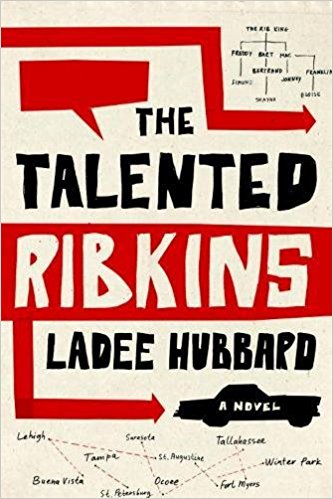 The Talented Ribkins by
The Talented Ribkins by 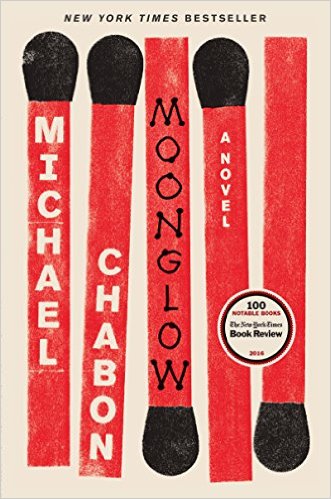 Moonglow by
Moonglow by 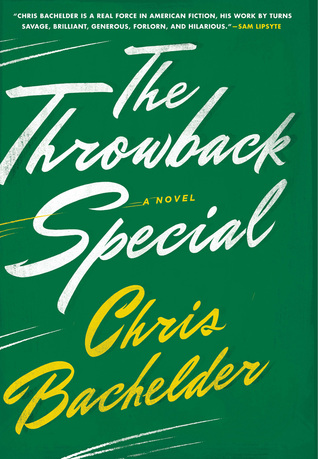 The Throwback Special by
The Throwback Special by 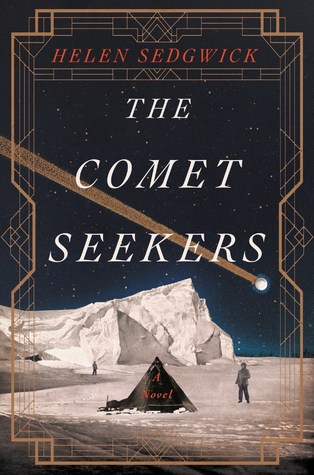 The Comet Seekers by
The Comet Seekers by 
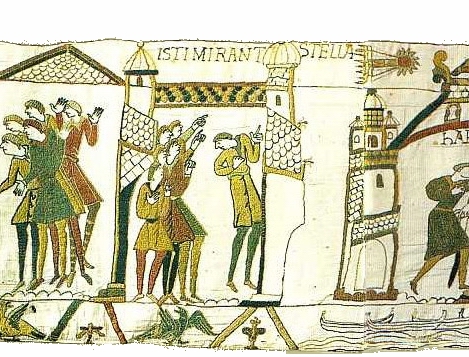
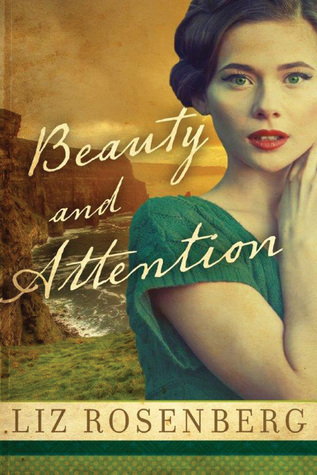 Beauty and Attention: A Novel by
Beauty and Attention: A Novel by 
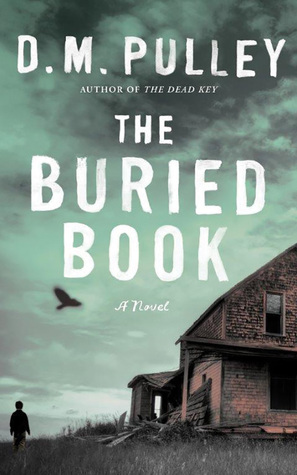 The Buried Book by
The Buried Book by 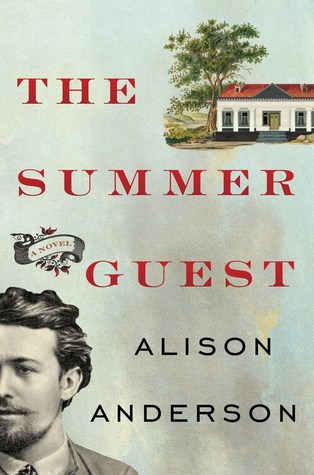 The Summer Guest by
The Summer Guest by 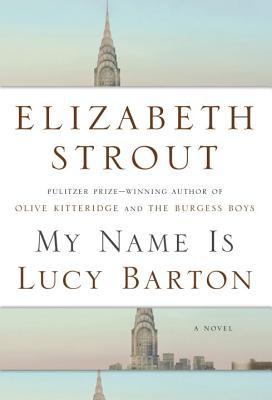 My Name Is Lucy Barton by
My Name Is Lucy Barton by 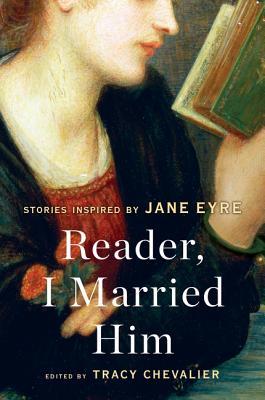 Reader, I Married Him: Stories Inspired by Jane Eyre by
Reader, I Married Him: Stories Inspired by Jane Eyre by 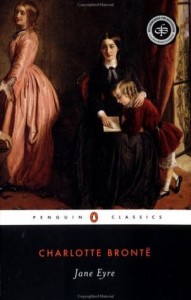 Just like it says on the label, this is a collection of short stories “inspired by”
Just like it says on the label, this is a collection of short stories “inspired by”